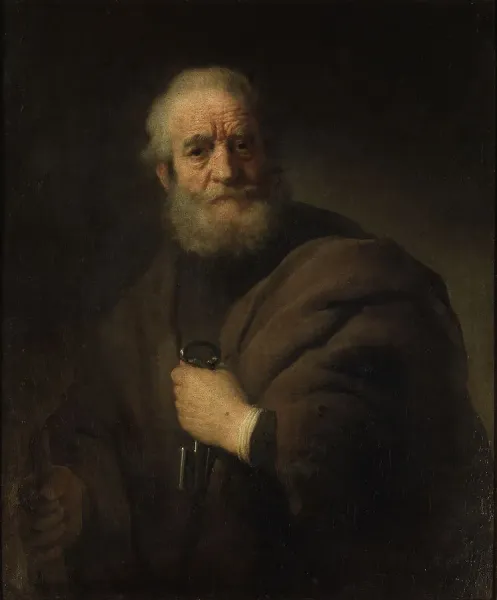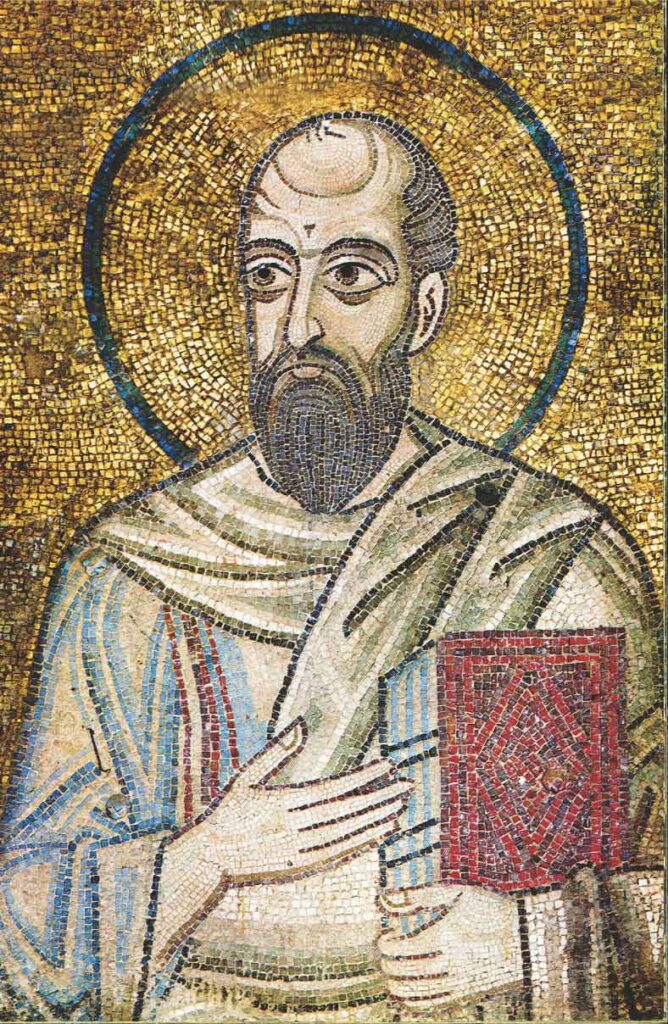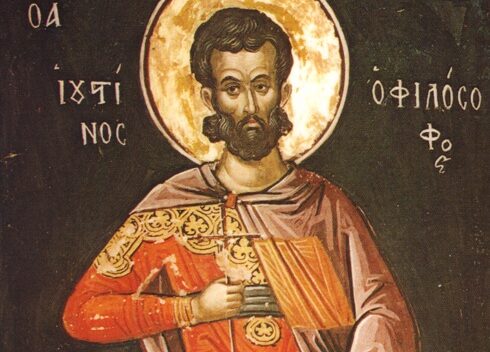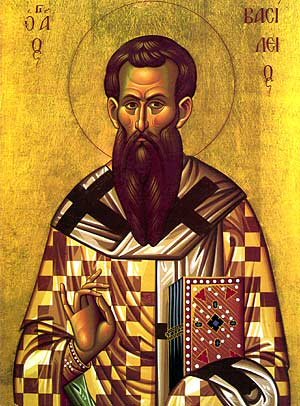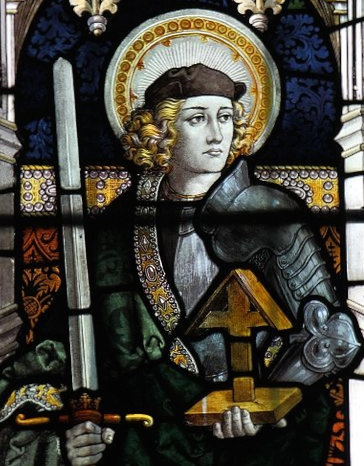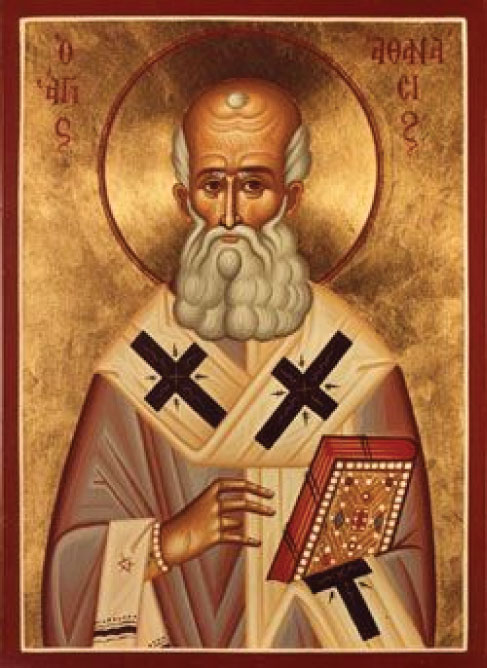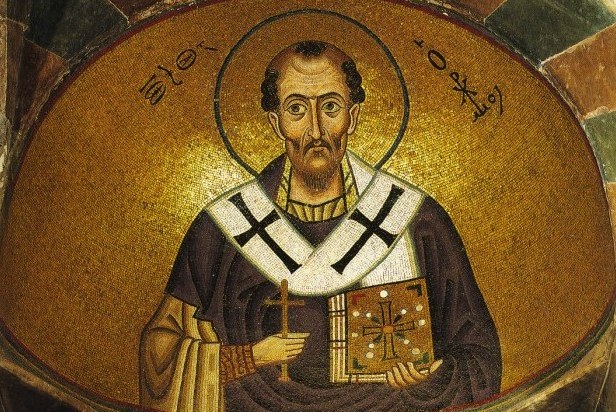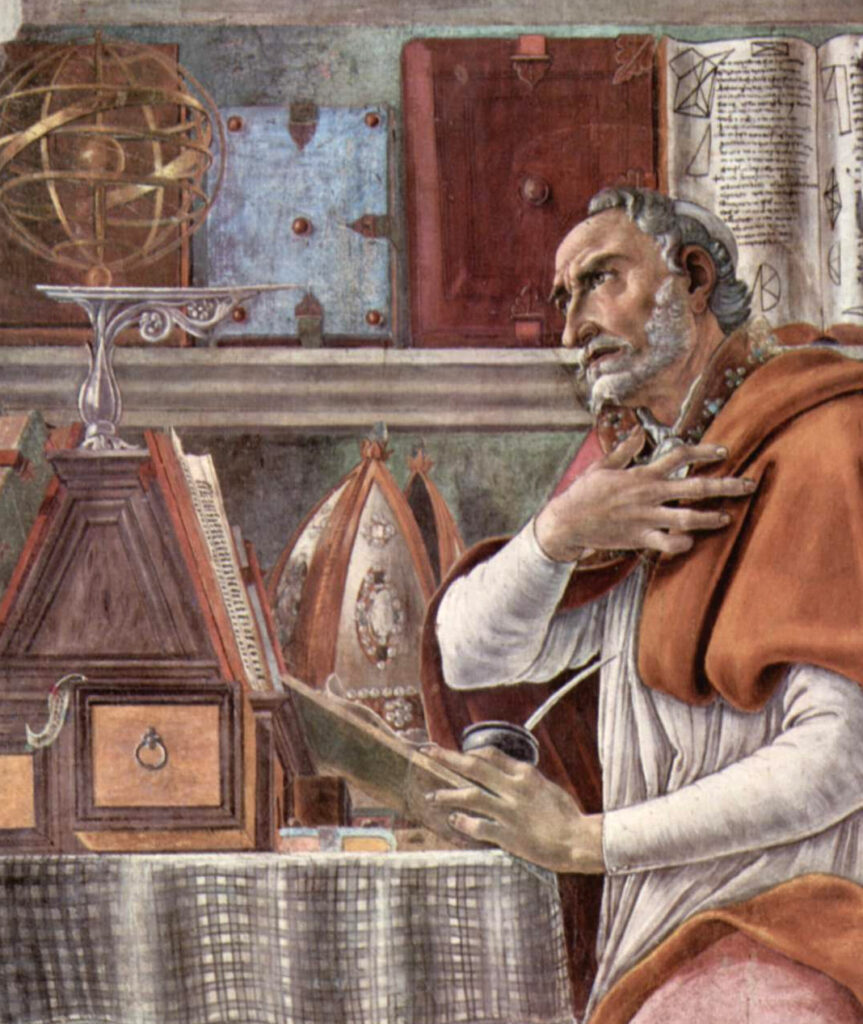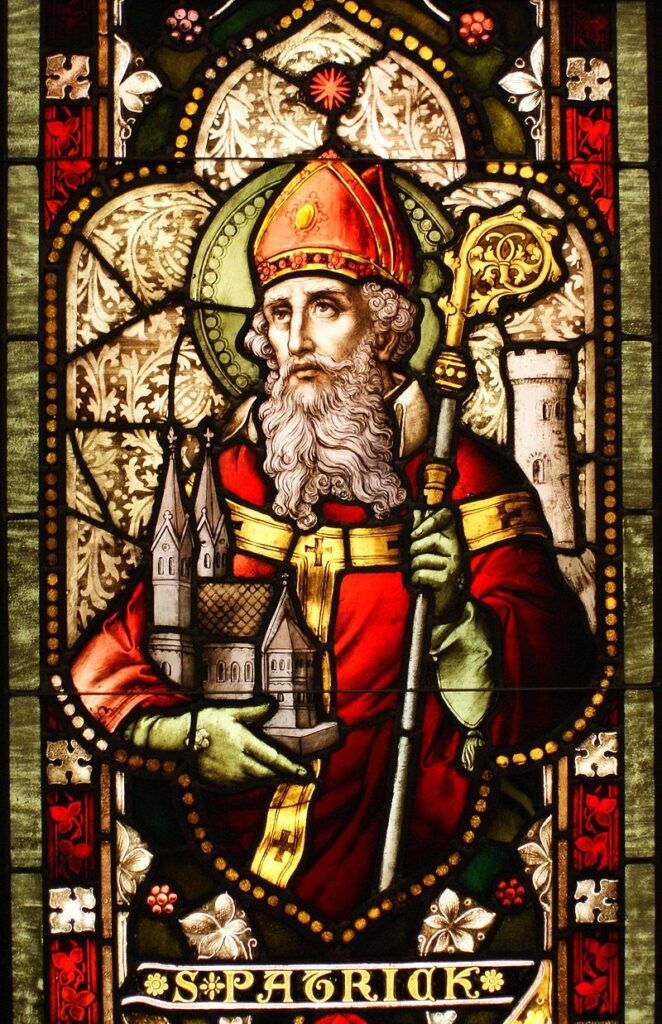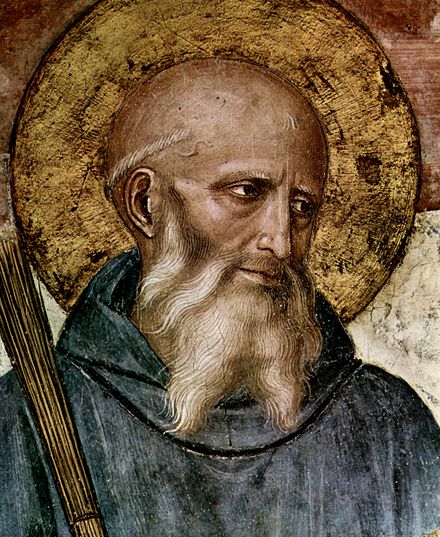This is our full list of representative Christians through the centuries.
It’s a list that will certainly grow, as we work through more stories and as we add contemporary Christians who go onto be part of the great cloud of witnesses that is referred to in Scripture. To read more about any of the Christians below, please click on their image. you can then move back and forth via the post links below each article or return to searching with links in the header and footer. The order has a bit of theology embedded in it. We choose with the birth day or year of the person, not their death day. We understand that God knit us together and called us well before we returned a call to him, that he knew us even when we didn’t fully know him. We trust the multiple ways to search will alleviate any misgivings you might find in the order.
- -1
- 3
- 5
- 100
- 155
- 274
- 296
- 347
- 354
- 387
- 480
- 521
- 560
- 675
- 1033
- 1090
- 1098
- 1119
- 1181
- 1225
- 1265
- 1320
- 1347
- 1369
- 1412
- 1478
- 1483
- 1484
- 1489
- 1491
- 1509
- 1514
- 1521
- 1593
- 1596
- 1612
- 1623
- 1624
- 1662
- 1674
- 1685
- 1703
- 1707
- 1711
- 1714
- 1716
- 1719
- 1721
- 1724
- 1725
- 1728
- 1732
- 1733
- 1734
- 1737
- 1739
- 1742
- 1745
- 1755
- 1759
- 1760
- 1761
- 1770
- 1773
- 1775
- 1785
- 1792
- 1797
- 1801
- 1804
- 1805
- 1806
- 1807
- 1809
- 1811
- 1813
- 1818
- 1819
- 1820
- 1821
- 1822
- 1824
- 1828
- 1829
- 1830
- 1832
- 1837
- 1840
- 1848
- 1850
- 1856
- 1857
- 1860
- 1862
- 1866
- 1870
- 1871
- 1874
- 1878
- 1879
- 1886
- 1887
- 1888
- 1891
- 1892
- 1893
- 1897
- 1898
- 1899
- 1902
- 1903
- 1904
- 1905
- 1906
- 1909
- 1910
- 1911
- 1912
- 1914
- 1915
- 1916
- 1917
- 1918
- 1920
- 1921
- 1925
- 1926
- 1927
- 1931
- 1932
- 1933
- 1934
- 1935
- 1936
- 1939
- 1940
- 1943
- 1944
- 1946
- 1947
- 1950
- 1953
- 1955
- 1987
- 1991
- 1993
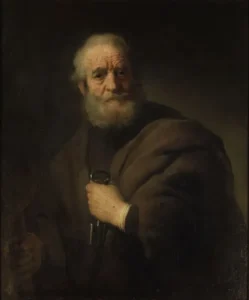
Simon Peter
Read More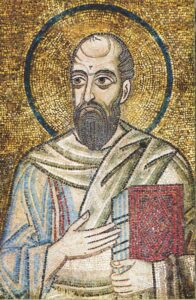
Paul of Tarsus
Read More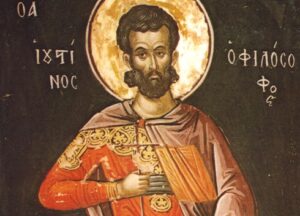
Justin Martyr
Read More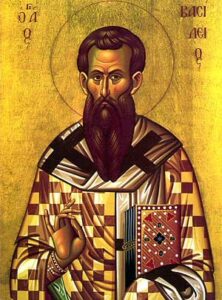
Tertullian of Carthage
Read More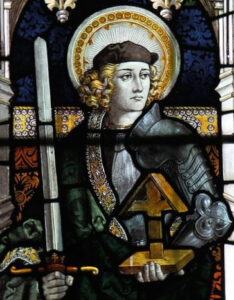
Alban
Read More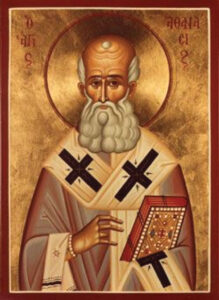
Athanasius of Alexandria
Read More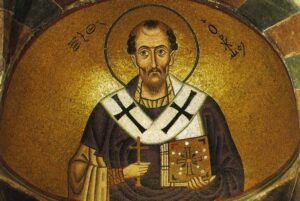
John Chrysostom
Read More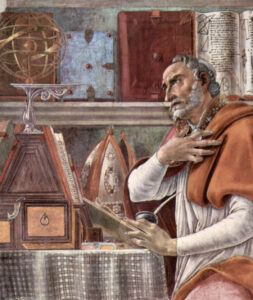
Augustine of Hippo
Read More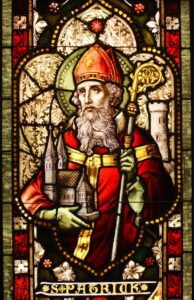
Patrick
Read More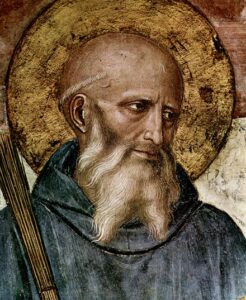
Benedict of Nursia
Read More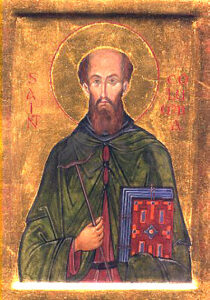
Columba of Iona
Read More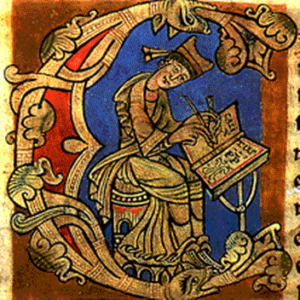
Isidore of Seville
Read More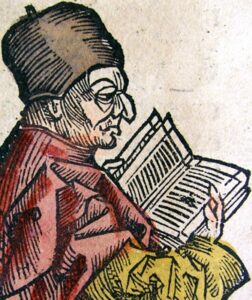
Venerable Bede
Read More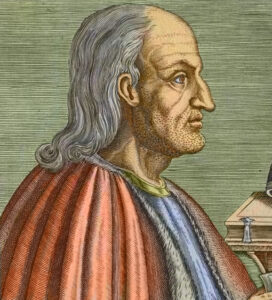
Anselm of Canterbury
Read More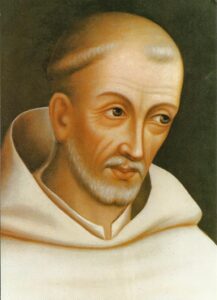
Bernard of Clairvaux
Read More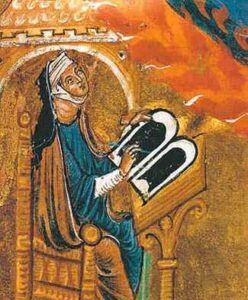
Hildegard of Bingen
Read More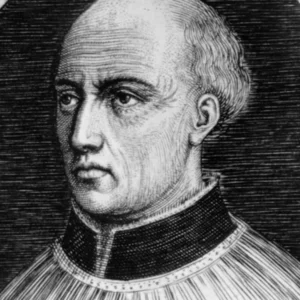
Thomas Becket
Read More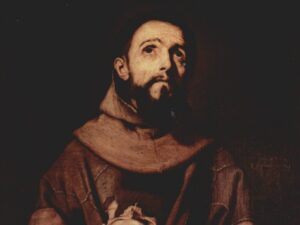
Francis of Assisi
Read More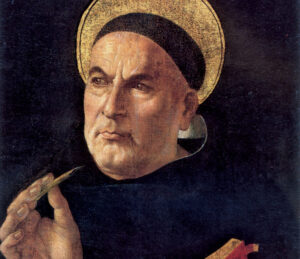
Thomas Aquinas
Read More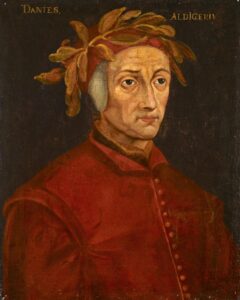
Dante Alighieri
Read More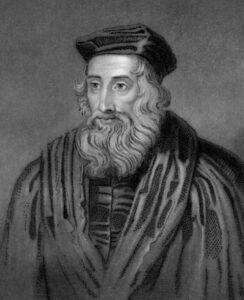
John Wycliffe
Read More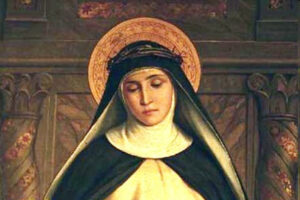
Catherine of Siena
Read More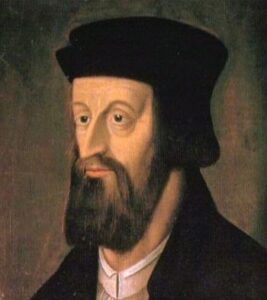
Jan Hus
Read More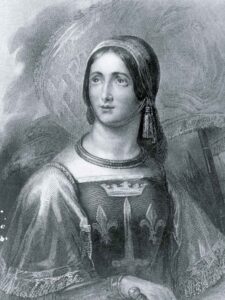
Joan of Arc
Read More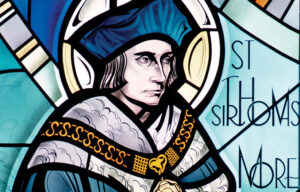
Thomas More
Read More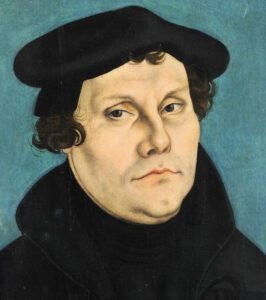
Martin Luther
Read More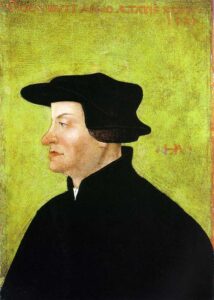
Ulrich Zwingli
Read More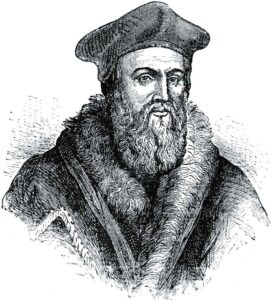
Thomas Cranmer
Read More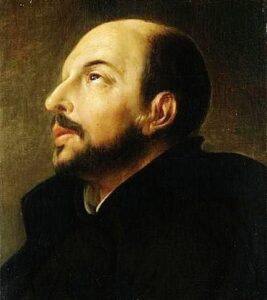
Ignatius of Loyola
Read More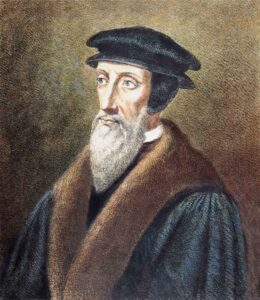
John Calvin
Read More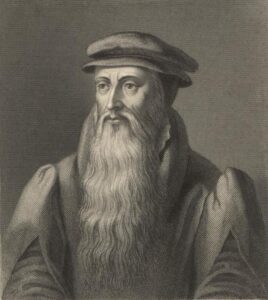
John Knox
Read More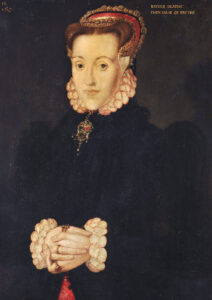
Anne Askew
Read More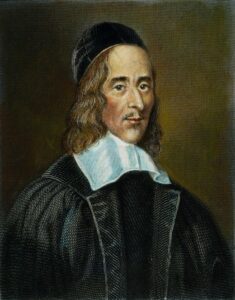
George Herbert
Read More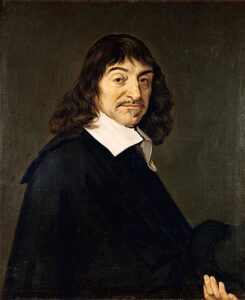
René Descartes
Read More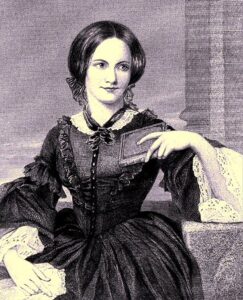
Anne Bradstreet
Read More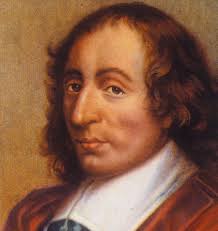
Blaise Pascal
Read More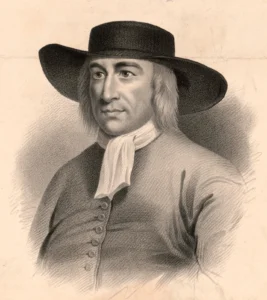
George Fox
Read More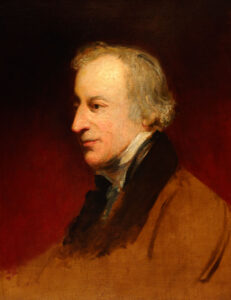
Samuel Wesley
Read More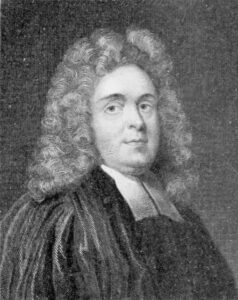
Matthew Henry
Read More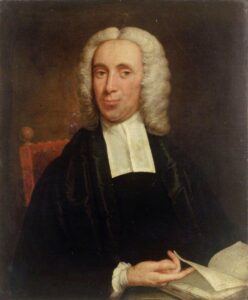
Isaac Watts
Read More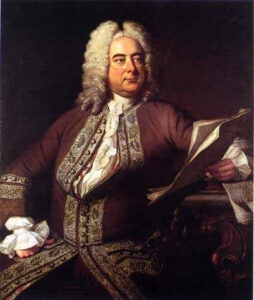
George Handel
Read More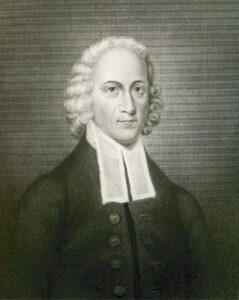
Jonathan Edwards
Read More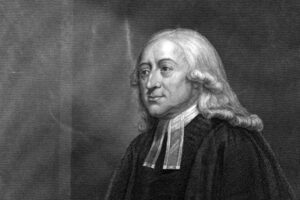
John Wesley
Read More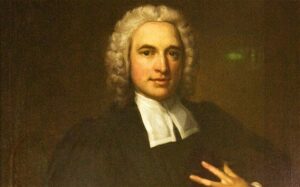
Charles Wesley
Read More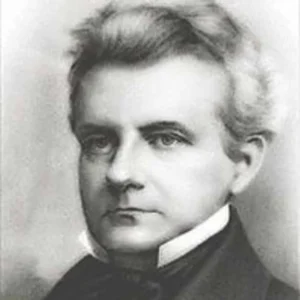
John Francis Wade
Read More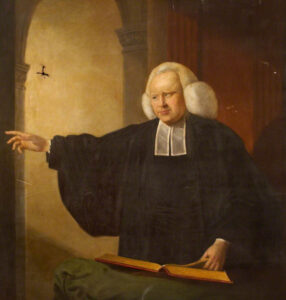
George Whitefield
Read More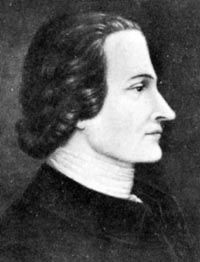
George Taylor
Read More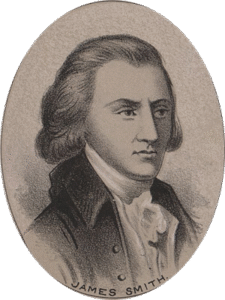
James Smith
Read More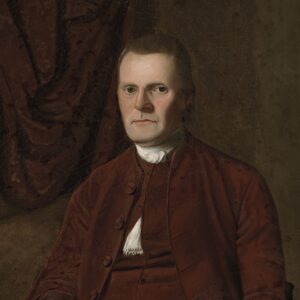
Roger Sherman
Read More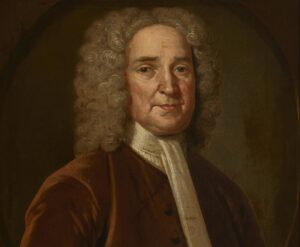
Isaac Backus
Read More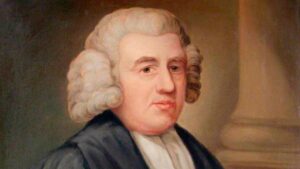
John Newton
Read More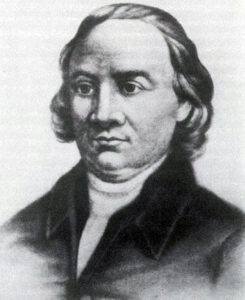
John Morton
Read More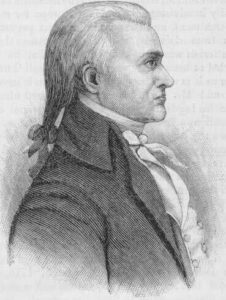
Caesar Rodney
Read More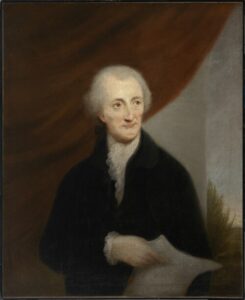
George Read
Read More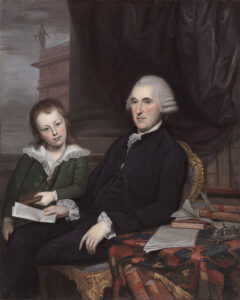
Thomas McKean
Read More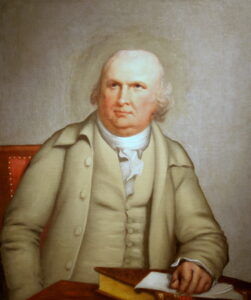
Robert Morris
Read More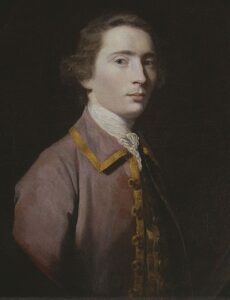
Charles Carroll
Read More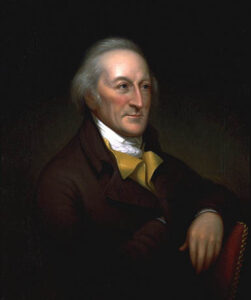
George Clymer
Read More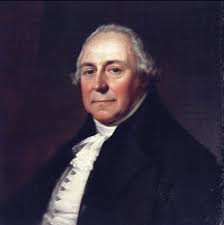
Manasseh Cutler
Read More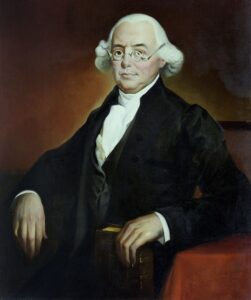
James Wilson
Read More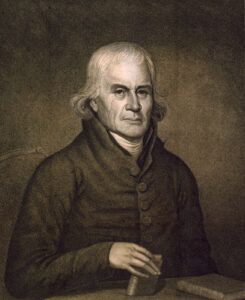
Francis Asbury
Read More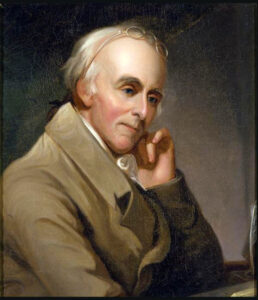
Benjamin Rush
Read More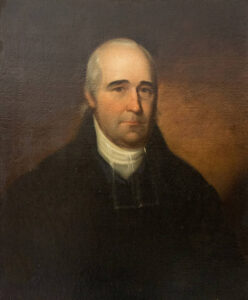
Richard Furman
Read More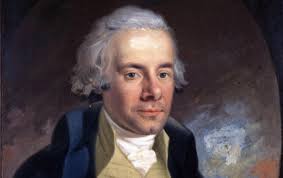
William Wilberforce
Read More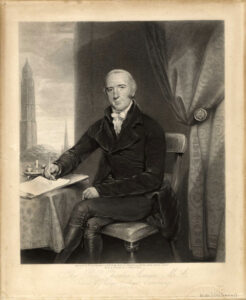
Charles Simeon
Read More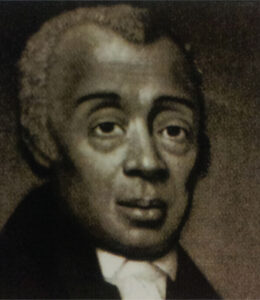
Richard Allen
Read More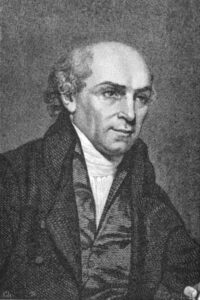
Willam Carey
Read More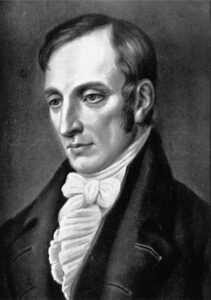
William Wordsworth
Read More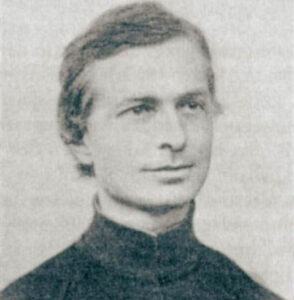
Joseph Mohr
Read More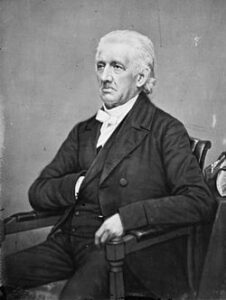
Lyman Beecher
Read More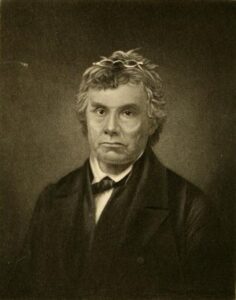
Peter Cartwright
Read More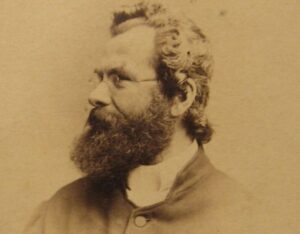
John Henry Hopkins
Read More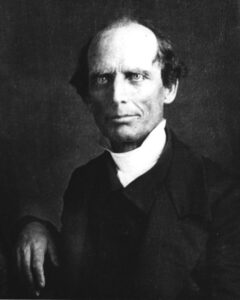
Charles Finney
Read More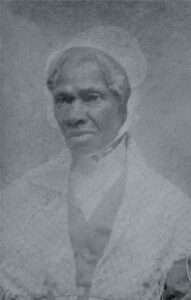
Sojourner Truth
Read More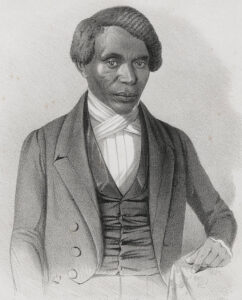
Theodore S. Wright
Read More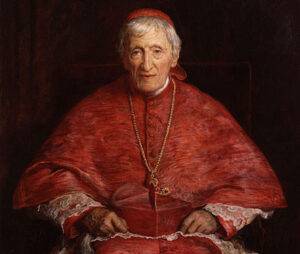
John Henry Newman
Read More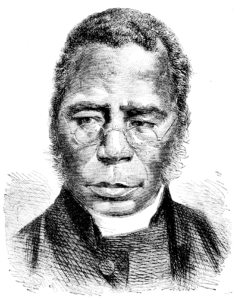
Samuel Ajayi Crowther
Read More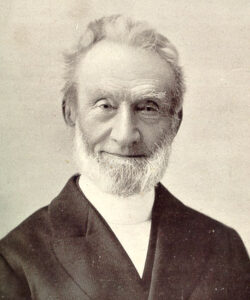
George Mueller
Read More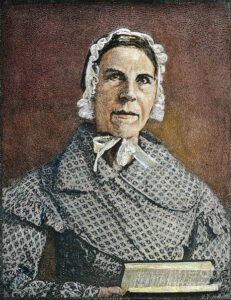
Angelina Grimké
Read More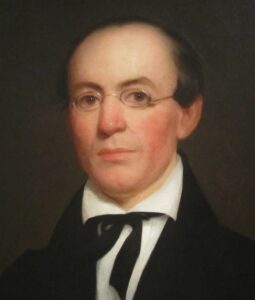
William Lloyd Garrison
Read More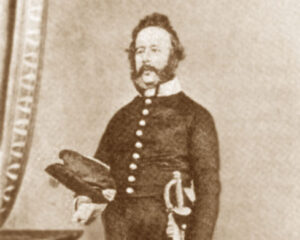
James Finn
Read More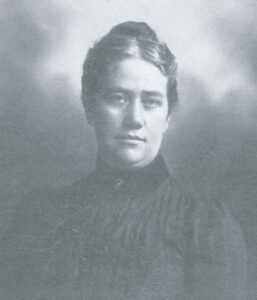
Phoebe Palmer
Read More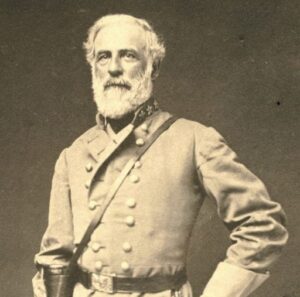
Robert E. Lee
Read More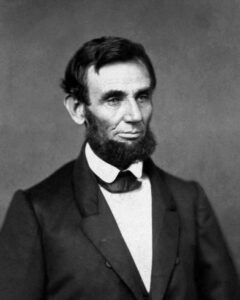
Abraham Lincoln
Read More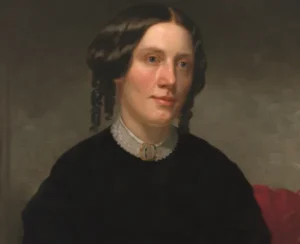
Harriett Beecher Stowe
Read More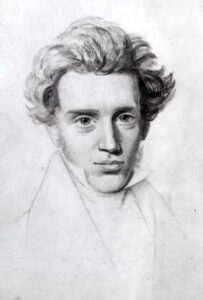
Søren Kierkegaard
Read More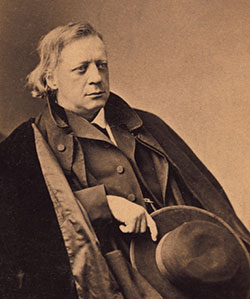
Henry Ward Beecher
Read More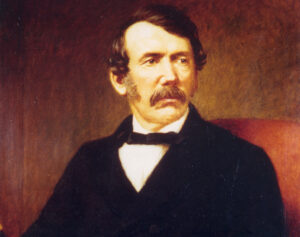
David Livingstone
Read More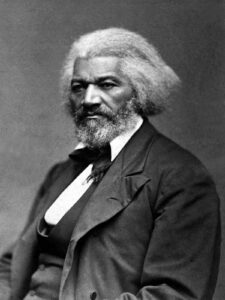
Frederick Douglass
Read More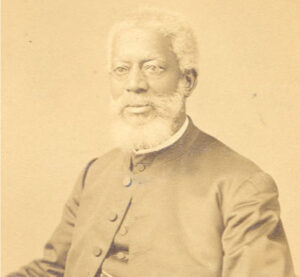
Alexander Crummell
Read More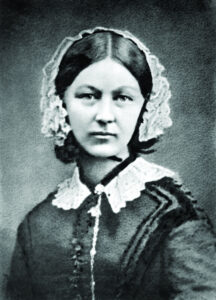
Florence Nightingale
Read More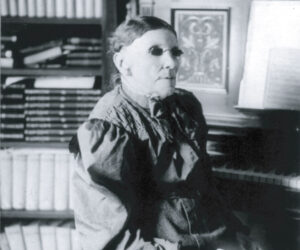
Fanny Crosby
Read More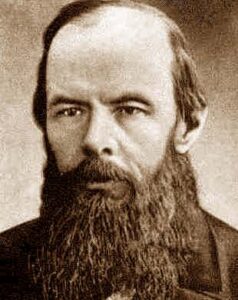
Fyodor Dostoevsky
Read More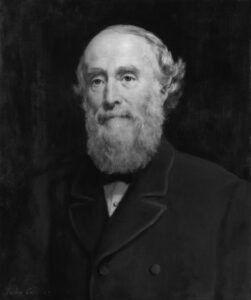
George Williams
Read More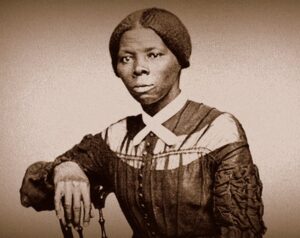
Harriet Tubman
Read More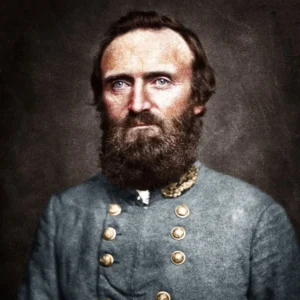
Thomas J. “Stonewall” Jackson
Read More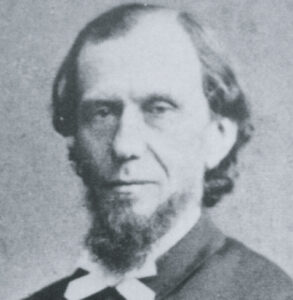
Andrew Murray
Read More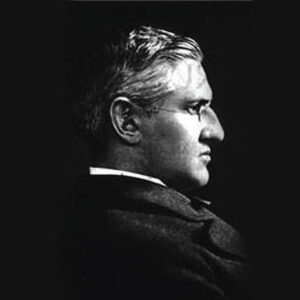
Horatio Spafford
Read More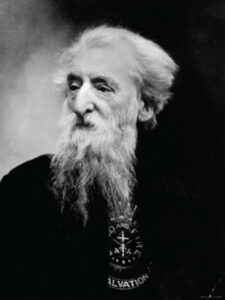
William Booth
Read More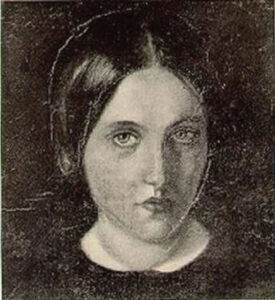
Christina Rossetti
Read More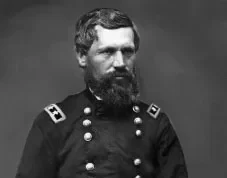
Oliver Otis Howard
Read More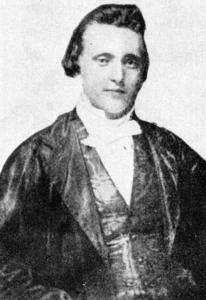
Thomas Baker
Read More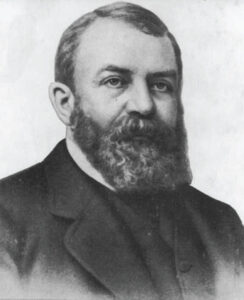
D.L. Moody
Read More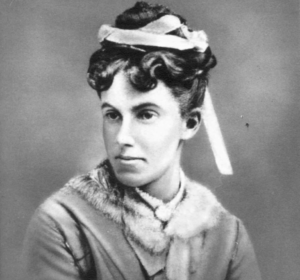
Lottie Moon
Read More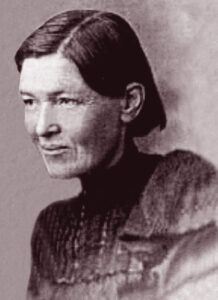
Mary Slessor
Read More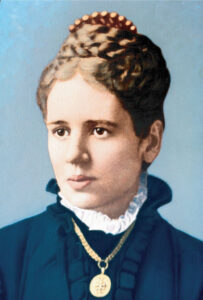
Annie Armstrong
Read More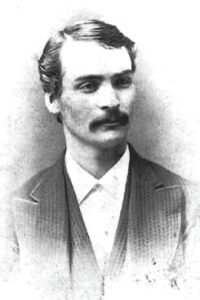
Charles H. Gabriel
Read More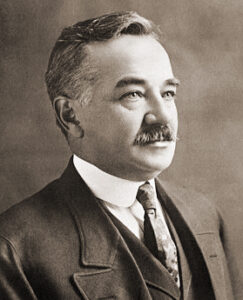
Milton Hershey
Read More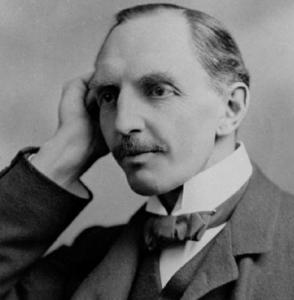
C.T. Studd
Read More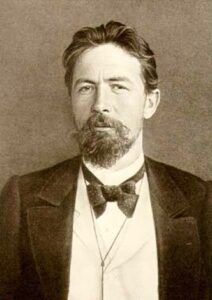
Anton Chekhov
Read More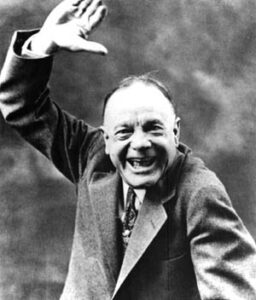
Billy Sunday
Read More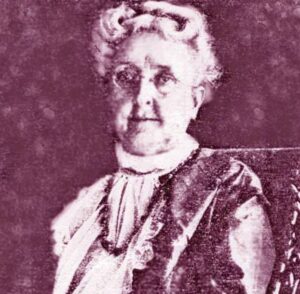
Annie Johnson Flint
Read More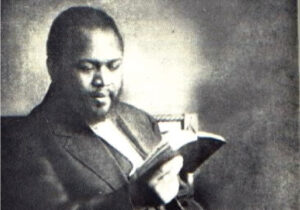
William Seymour
Read More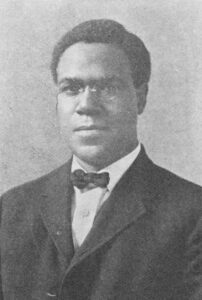
John Wesley Work Jr.
Read More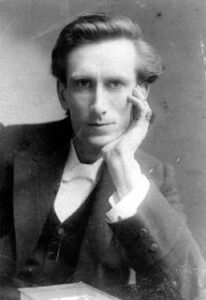
Oswald Chambers
Read More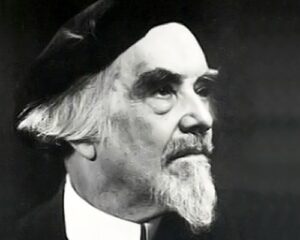
Nikolai Berdyaev
Read More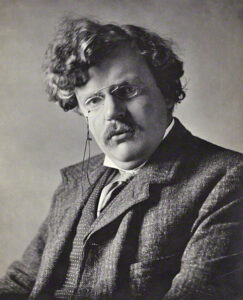
G.K. Chesterton
Read More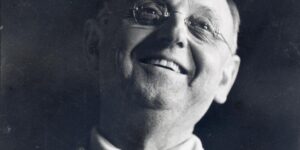
Frank Buchman
Read More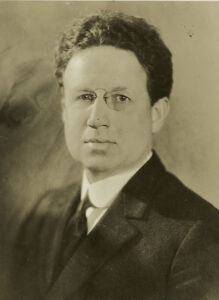
Harry Emerson Fosdick
Read More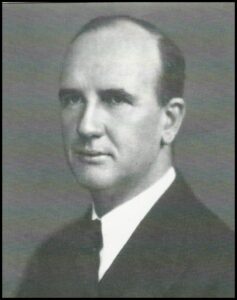
Clarence E. Macartney
Read More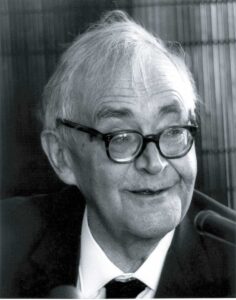
Karl Barth
Read More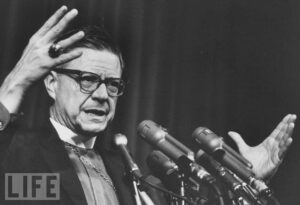
Paul Tillich
Read More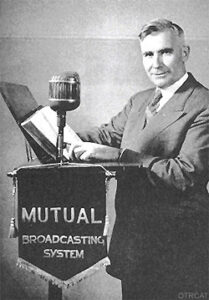
Charles E. Fuller
Read More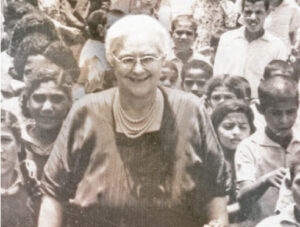
Lillian Hunt Trasher
Read More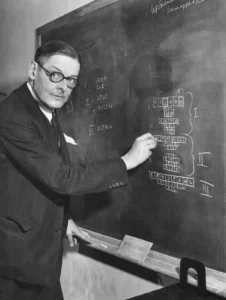
T.S. Eliot
Read More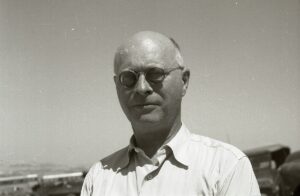
William F. Albright
Read More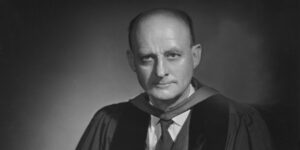
Reinhold Niebuhr
Read More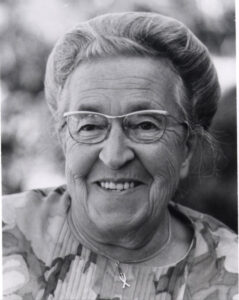
Corrie ten Boom
Read More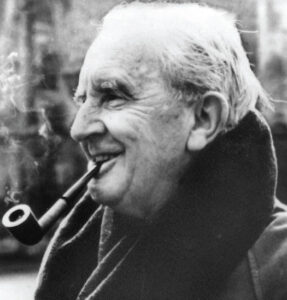
J.R.R. Tolkien
Read More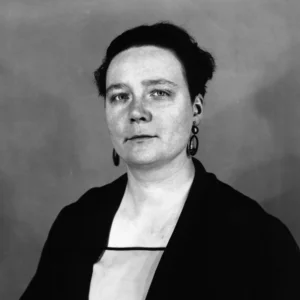
Dorothy L. Sayers
Read More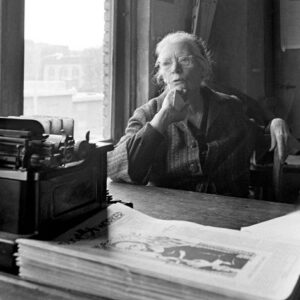
Dorothy Day
Read More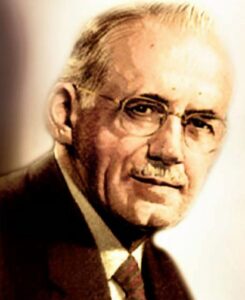
A.W. Tozer
Read More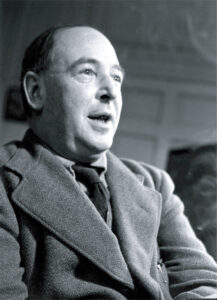
C.S. Lewis
Read More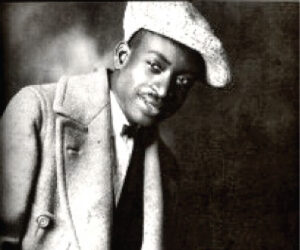
Thomas A. Dorsey
Read More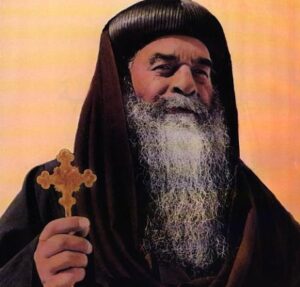
Kyrillos VI
Read More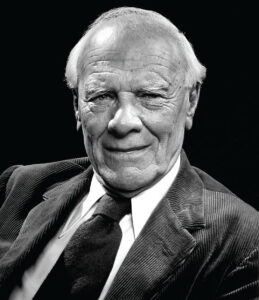
Malcolm Muggeridge
Read More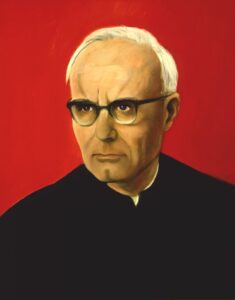
Karl Rahner
Read More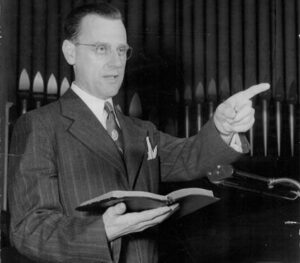
Harold J. Ockenga
Read More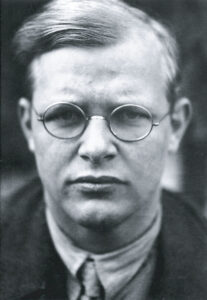
Dietrich Bonhoeffer
Read More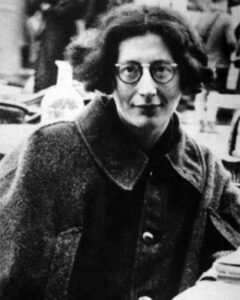
Simone Weil
Read More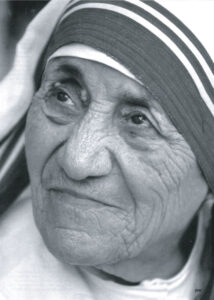
Mary Teresa Bojaxhiu
Read More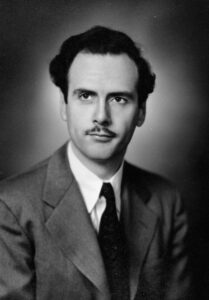
Marshall McLuhan
Read More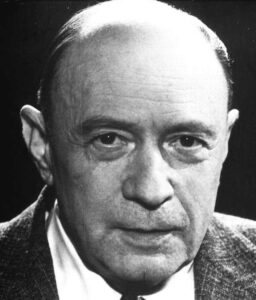
Jacques Ellul
Read More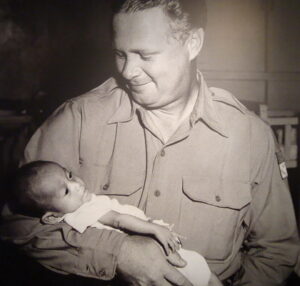
Robert Pierce
Read More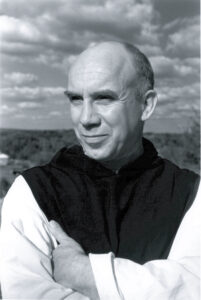
Thomas Merton
Read More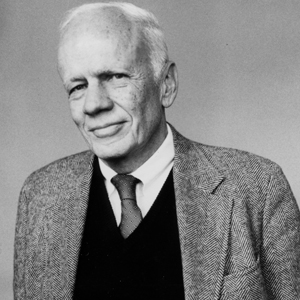
Walker Percy
Read More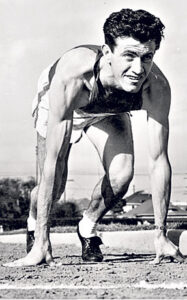
Louis Zamperini
Read More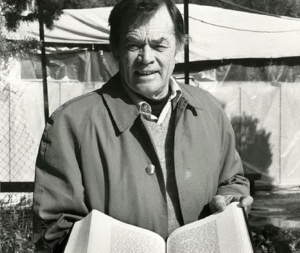
Bob Lindsey
Read More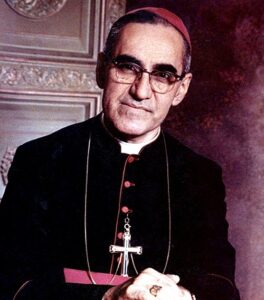
Óscar Romero
Read More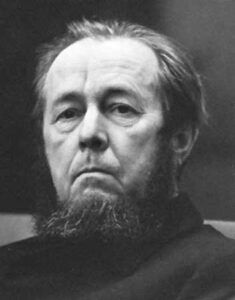
Aleksandr Solzhenitsyn
Read More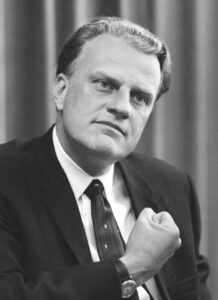
Billy Graham
Read More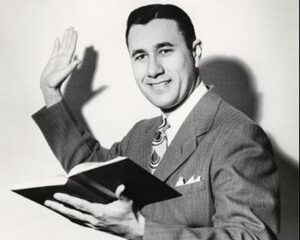
Oral Roberts
Read More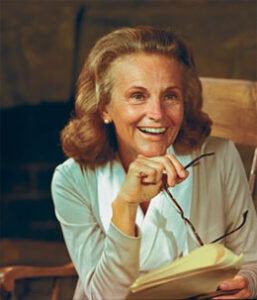
Ruth Graham
Read More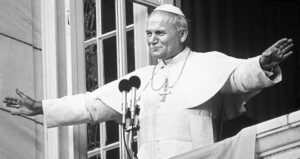
John Paul II
Read More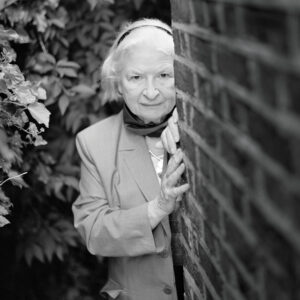
P.D. James
Read More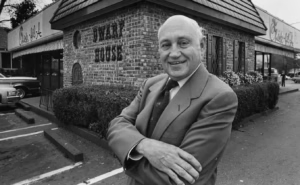
Truett Cathy
Read More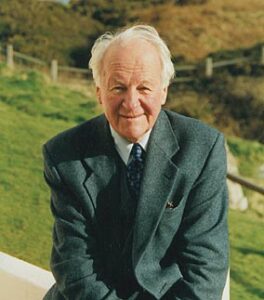
John Stott
Read More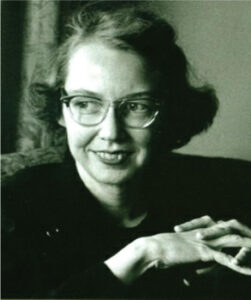
Flannery O’Connor
Read More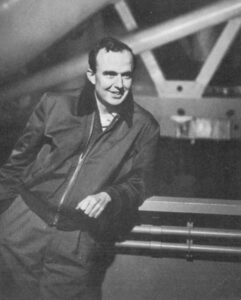
Allan Sandage
Read More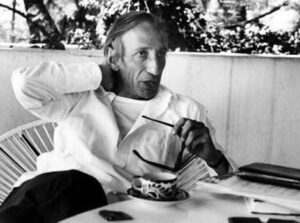
Ivan Illich
Read More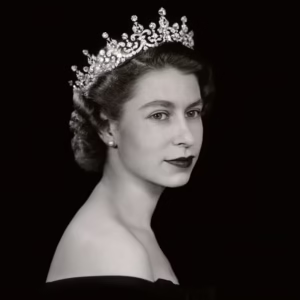
Elizabeth Alexandra
Read More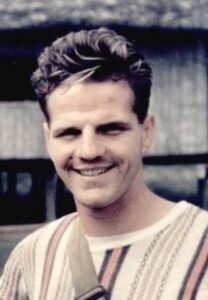
Jim Elliot
Read More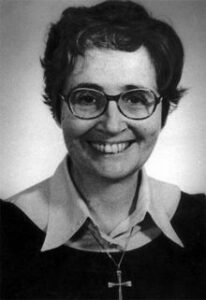
Maura Clarke
Read More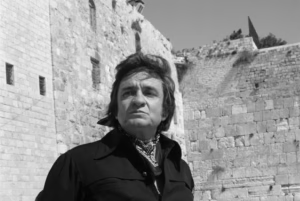
Johnny Cash
Read More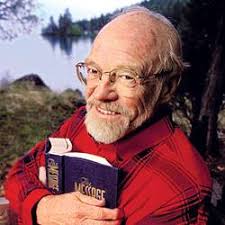
Eugene Peterson
Read More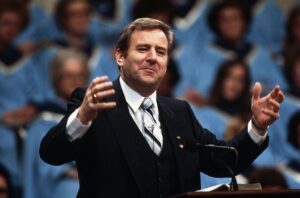
Jerry Falwell
Read More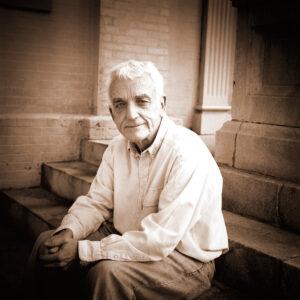
Brennan Manning
Read More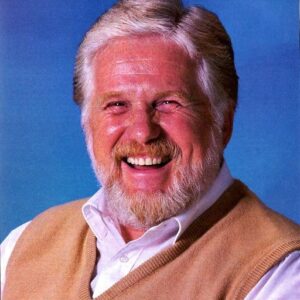
John Wimber
Read More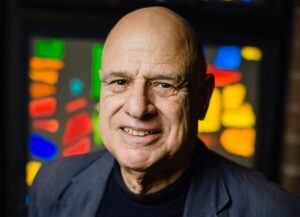
Tony Campolo
Read More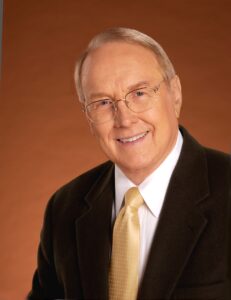
James Dobson
Read More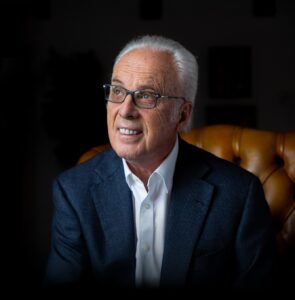
John F. MacArthur
Read More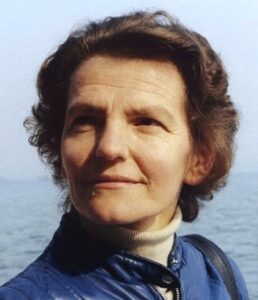
Maria Laura Mainetti
Read More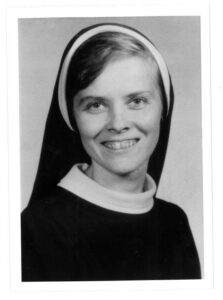
Dorothy Kazel
Read More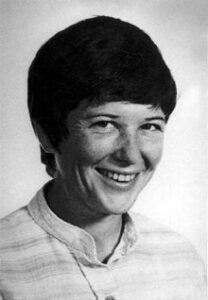
Ita Ford
Read More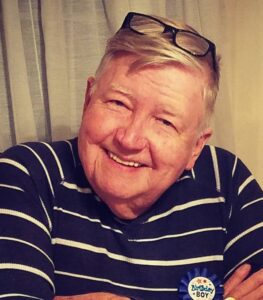
Charles Ballard
Read More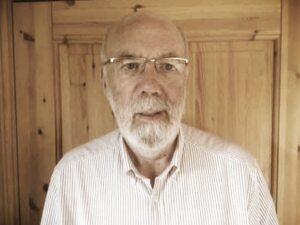
Jack Heaslip
Read More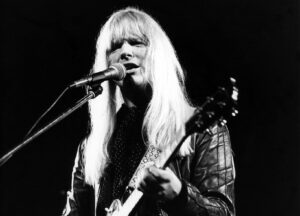
Larry Norman
Read More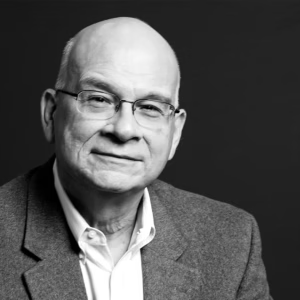
Tim Keller
Read More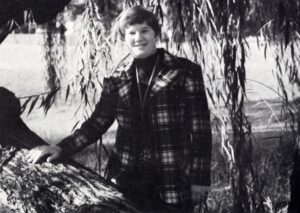
Jean Donovan
Read More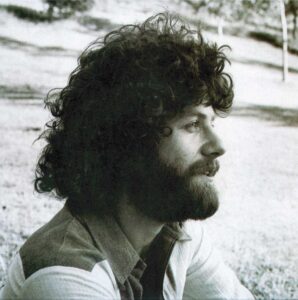
Keith Green
Read More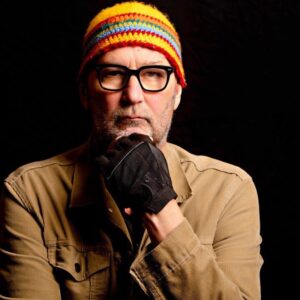
Rick Elias
Read More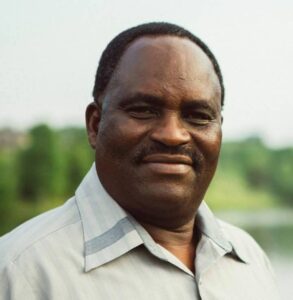
John Chacha
Read More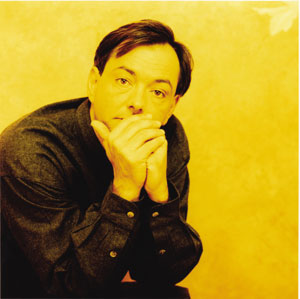
Rich Mullins
Read More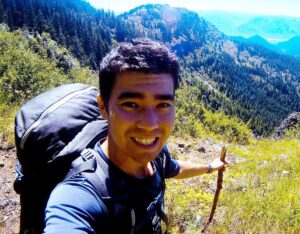
John Allen Chau
Read More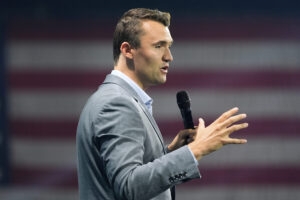
Charlie Kirk
Read MoreSimon Peter
Peter was born at Bethsaida, near the Sea of Galilee. Peter, whose name was originally Simon, was a fisherman along with his brother Andrew. Andrew was one of the first followers of Jesus and he encouraged his brother to join him. During Jesus’ ministry, the gospels show Peter as the foremost apostle in declaring faith…
Alban
St Alban’s story and this place built in his honour takes us back to the beginning of the Christian faith in Britain. Alban is believed to have been a Romano-British citizen of the third century in the Roman city of Verulamium, in the valley below the present Cathedral. The earliest versions of his history say…
Athanasius of Alexandria
The first three centuries following the death of Christ were difficult for believers. As early Christians went forth and spread the message of Christ, there was very little cohesion and unity among these pockets of Christ followers. Partially because of this, differing beliefs or doctrines regarding God, Christ, and the Bible, were everywhere. These differences…
John Chrysostom
“As a moth gnaws a garment, so doth envy consume a man.” “No matter how just your words may be, you ruin everything when you speak with anger.” “Fasting of the body is food for the soul.” The eloquence and elegance of Archbishop John’s words catalyzed his moniker, chrysostom, given 150 years after his death. The…
Patrick
Much myth and legend surrounds the story of Patrick, born in Britain in the late 4th century. St. Patrick is often reduced to a mythical figure who performed magical feats (like driving all the snakes out of Ireland). The truth, as usual, is better than fiction! All that can be known about Patrick comes from two…
Benedict of Nursia
Saint Benedict was born at Norcia around 480 AD. That historical time frame, a mere four years before the Western Roman Empire formally fell by the deposition of the last Emperor, Romulus Augustulus, was quite difficult. The only authentic life of Saint Benedict is that which is contained in the second book of the Pope…

